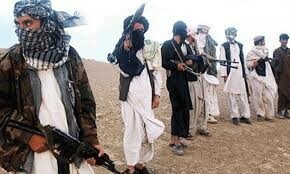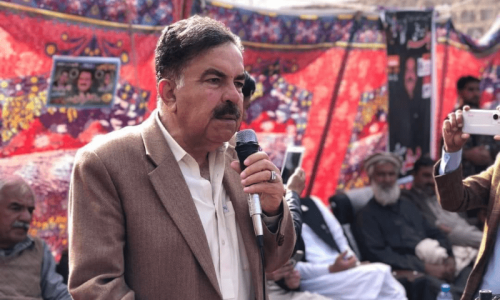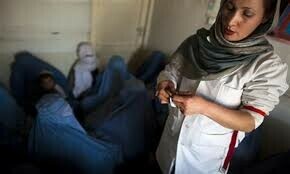QUETTA: A Pakistani paramilitary official said Wednesday that a car bomb factory where troops confiscated more than 100 tons of chemicals had been used in recent attacks on troops and minority Shia Muslims.
Paramilitary troops found wires, detonators and mixers to turn the chemicals into bombs during Tuesday's raid in the city of Quetta.
At least eleven people have now been arrested in connection with the case and the owner of the compound has been detained for questioning, said a spokesman for the paramilitary Frontier Corps (FC).
Suspects told investigators that potassium chlorate and ammonium chlorate had been packed with wires and detonators into vehicles at the compound, a paramilitary official said.
Experts believe the compound was effectively a bomb-making factory, which had prepared explosives used in recent bomb attacks on military targets and Shias.
“We have recovered a machine which is basically a mixer, used to mix chemicals to make bombs. We have recovered sulphur and hundreds metre of wire,”said the FC spokesman.
“We have also recovered 79 remote controls and short circuit wires. Some 20,000 kilograms of explosive were ready at the factory and just needed to be fitted into vehicles,” he added.
On January 10 and February 16, bombers killed nearly 200 people in attacks on Shias from the ethnic Hazara minority in Quetta.
Oil and gas-rich Baluchistan, which borders Afghanistan and Iran, is a flashpoint for violence against Shias, who make up around 20 per cent of Pakistan's overall population of 180 million.













































